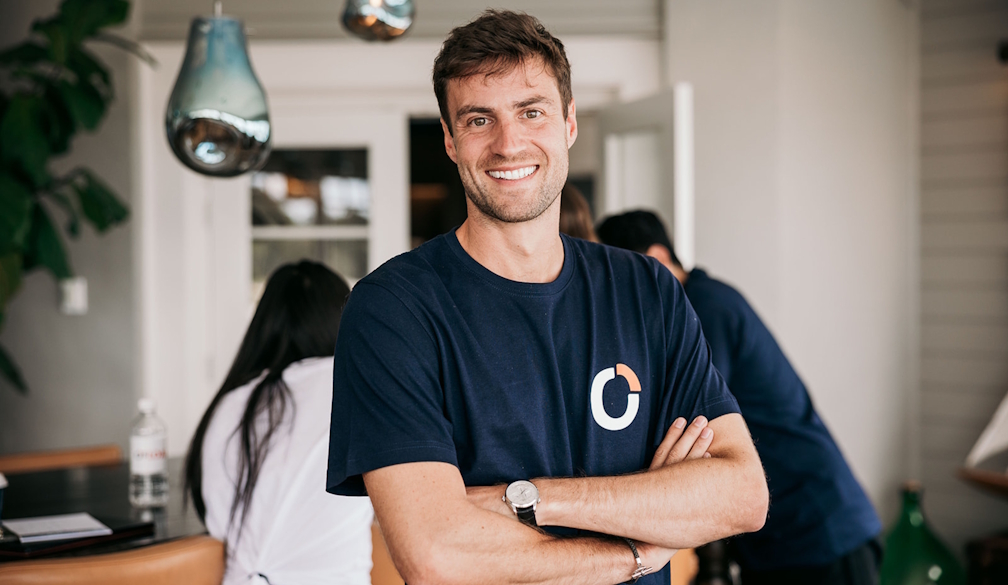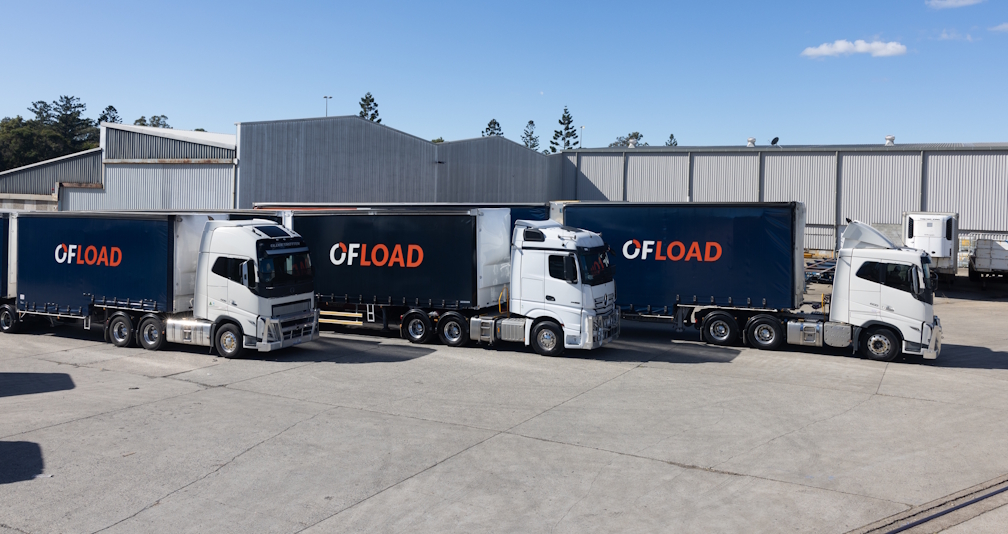How Ofload and Logistics Tech Power Australia’s Biggest Shopping Month

Black Friday has evolved from a single day event into "Black November," overtaking December as Australia’s biggest shopping month.
This shopping phenomenon, expected to drive $6.7 billion [1]in sales in just four days, owes its success to innovations in logistics and transport technology.
At the forefront of this transformation is Ofload, Australia’s leading digital freight platform, ensuring supply chains keep up with unprecedented demand.
Without advancements like truck tracking, route optimisation, and digital capacity management, the logistics sector would struggle to meet consumer expectations for faster deliveries and seamless service.
Here’s how Ofload (and others) is supporting Australia through a record-breaking Black November:
Black November Boom
Black Friday is no longer confined to a single day. November’s shopping frenzy has overtaken December as the country’s busiest retail period, with sales projected to grow by 5.5% this year. Ofload’s platform has seen a corresponding surge in shipping activity, with Black Friday-related shipments up:
32% compared to previous months.
47% compared to last year’s Black Friday event.
Retailers, including top brands like H&M and other leading top 5 retailers, Pillowtalk, Noumi, Remedy Drinks are leveraging Ofload’s technology to prepare for this unparalleled shopping demand.
Beyond retail: FMCG joins the party
While Black Friday started as a retail event, it has expanded into categories like fast-moving consumer goods (FMCG), including beverages and household goods. These sectors are now running significant Black Friday promotions, driving even greater logistics demand.
Tech to the rescue
Meeting the surging demand of Black November requires cutting-edge technology:
Digital transformation - Until recently, Australia’s logistics industry relied on analogue processes, like booking shipments by phone. Ofload’s platform has revolutionised these practices, enabling businesses to streamline operations and meet peak-season demands with confidence.
Real-time tracking and route optimisation - These tools ensure efficient, responsive logistics despite unplanned demand spikes.
“Logistics is the backbone of Black November,” said Geoffroy Henry, CEO of Ofload. “Without smarter, tech-enabled solutions, supply chains couldn’t handle the immense volume and speed consumers now expect.”
Addressing the carbon impact
The environmental cost of Black November is significant. With trucks producing 50X more CO2 than a family car, the surge in logistics activity poses emissions challenges.
Ofload’s Carbon Analytics Platform (CAP) is helping businesses mitigate this impact:
Significant reduction in emissions - Insights from CAP have enabled companies to optimise freight routes, consolidate shipments, and collaborate across sectors, achieving significant emissions reductions.
For instance, an alcohol brand reduced emissions by 20% by combining orders with a competitor. Similarly, a collaboration between an alcohol and a paper company resulted in 25% fewer trucks on key routes, cutting emissions and costs alike.
The future of smarter logistics
As Australia’s leading digital freight platform, Ofload connects retailers and FMCG brands with small and medium-sized carriers, ensuring every journey is efficient and sustainable. The platform helps reduce waste, slash emissions, and support the nation’s $66 billion road freight industry.
“Black November highlights the critical role of technology in logistics,” added Henry. “By leveraging data and insights, Ofload is not only keeping the supply chain moving but also building a more sustainable future for the industry.”















